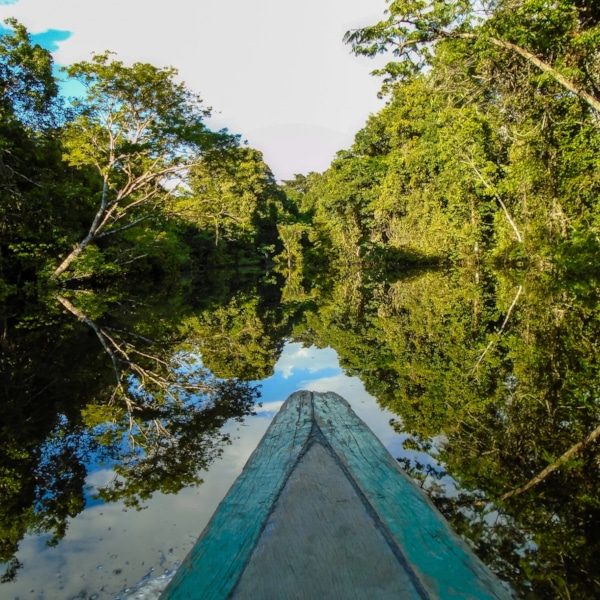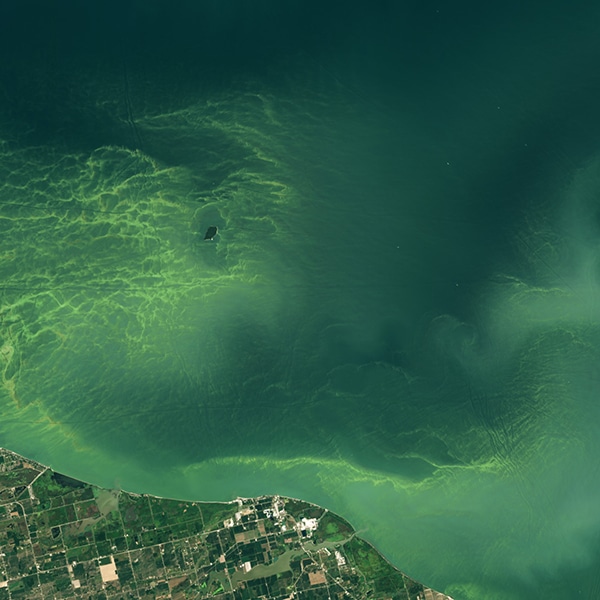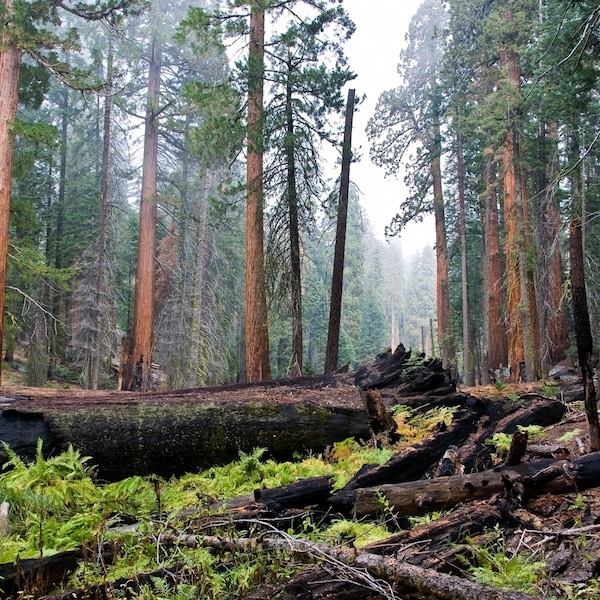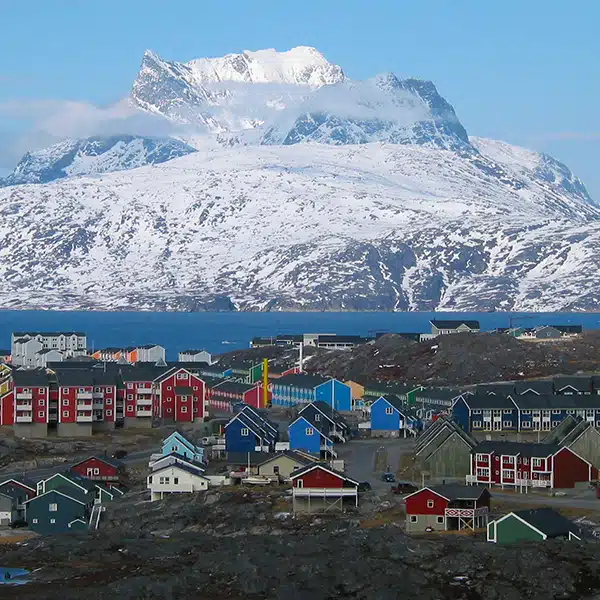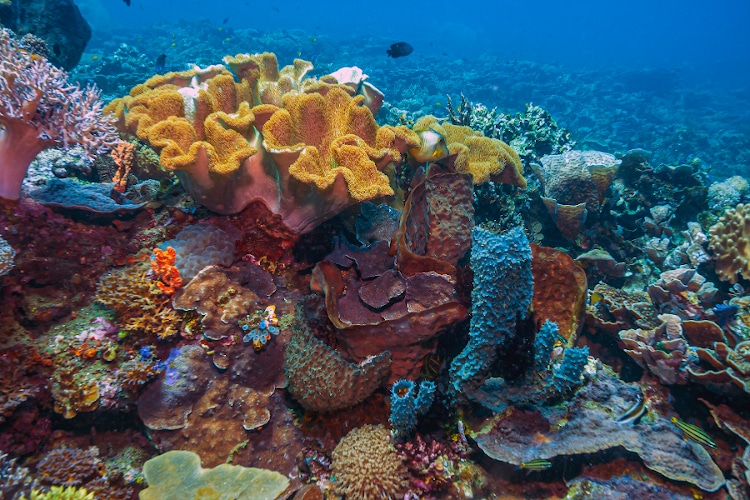
Photo: johnanderson/Depositphotos
Coral reefs are a key element of ocean ecosystems. They provide food and shelter for sea creatures, and they also protect coastlines from storms and erosion. In an effort to restore degraded reefs, the Mars Coral Reef Restoration Programme has transplanted coral fragments onto a network of interconnected “Reef Stars” (sand-coated steel frames). Now, new research shows that these restored reefs can grow as fast as healthy reefs after just four years.
This breakthrough was observed in South Sulawesi, Indonesia, home to one of the largest restoration projects in the world. “Restoration is increasingly seen as a necessary tool to reverse ecological decline across terrestrial and marine ecosystems,” write the study authors, led by Dr. Ines Lange from the University of Exeter. “Considering the unprecedented loss of coral cover and associated reef ecosystem services, active coral restoration is gaining traction in local management strategies and has recently seen major increases in scale.”
This particular project aimed to restore a reef that was destroyed 30 to 40 years ago due to dynamite fishing. Hoping to bring it back, marine biologists affixed “reef stars” (small, recycled metal scaffolds) to the seafloor. These would provide a foundation for the coral larvae to glom onto so they can later develop their hard bodies.
To measure the success of their program, they looked into calcium carbonate. “Corals constantly add calcium carbonate to the reef framework while some fishes and sea urchins erode it away, so calculating the overall carbonate budget basically tells you if the reef as a whole is growing or shrinking,” writes Lange.
Fast forward four years, and the net carbonate budgets have tripled and are indistinguishable from healthy control sites. “The speed of recovery that we saw was incredible,” said Lange. “We did not expect a full recovery of reef framework production after only four years.” However, due to branching coral being preferred for reef restoration, the overall species diversity is lower in restored reefs than natural ones.
Ultimately, these findings can prove priceless in undoing some damage to the environment. Not only have they found a way to measure grow and decline in coral reefs, they've also seen how quickly they can bounce back. However, the researchers note that preventing the damage is more important than ever.
“Scaling up reef restoration continues to be a challenge and coral restoration does not negate the need for strong reductions in carbon emissions, especially given the higher heat sensitivity of branching corals commonly used for transplantation,” they conclude. “Nevertheless, our findings suggest that large-scale and multidimensional reef restoration programs offer short-term options to recover some important ecosystem functions and thereby increase the reef’s resilience to local and global stressors.”
In an effort to restore degraded reefs, the Mars Coral Reef Restoration Programme has transplanted coral fragments onto a network of interconnected “Reef Stars.”
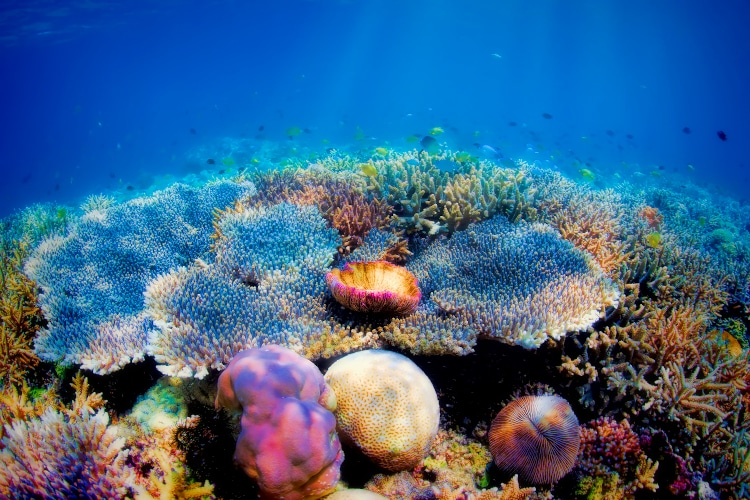
Photo: kjorgen/Depositphotos
Now, new research shows that these restored reefs can grow as fast as healthy reefs after just four years.
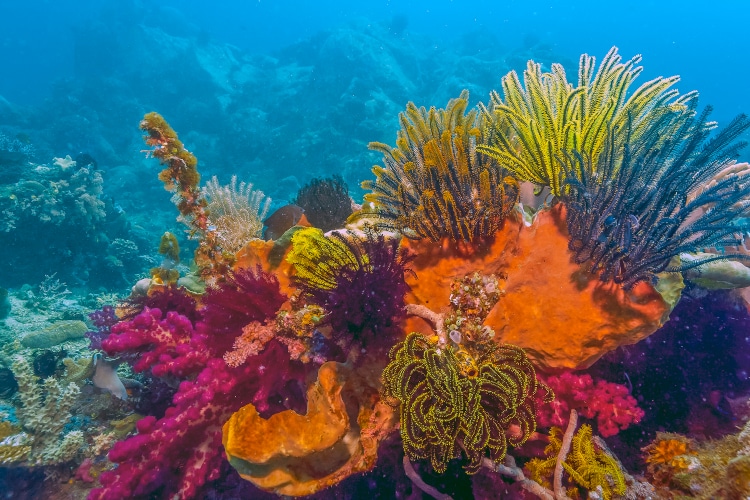
Photo: johnanderson/Depositphotos
h/t: [Good News Network]
Related Articles:
Parts of the Great Barrier Reef Show the Highest Coral Cover in 36 Years
Newly Discovered Coral Reef Is Taller Than the Empire State Building
Scientists Create 3D-Printed Terra Cotta Tiles to Encourage Coral Reef Growth
Monumental Ceramic Coral Reef Installation Is a Swirling Combination of Beauty and Awareness











































































